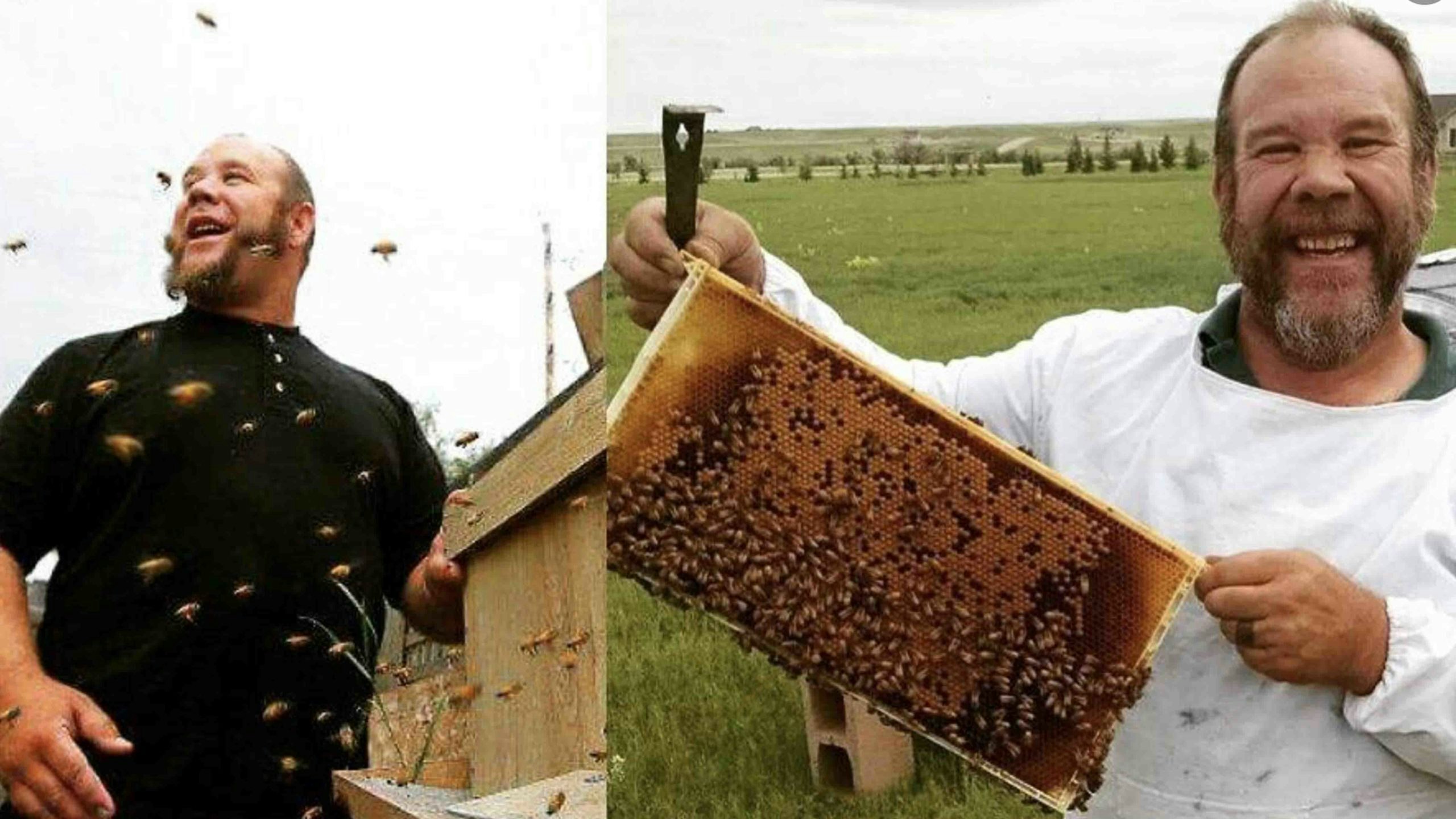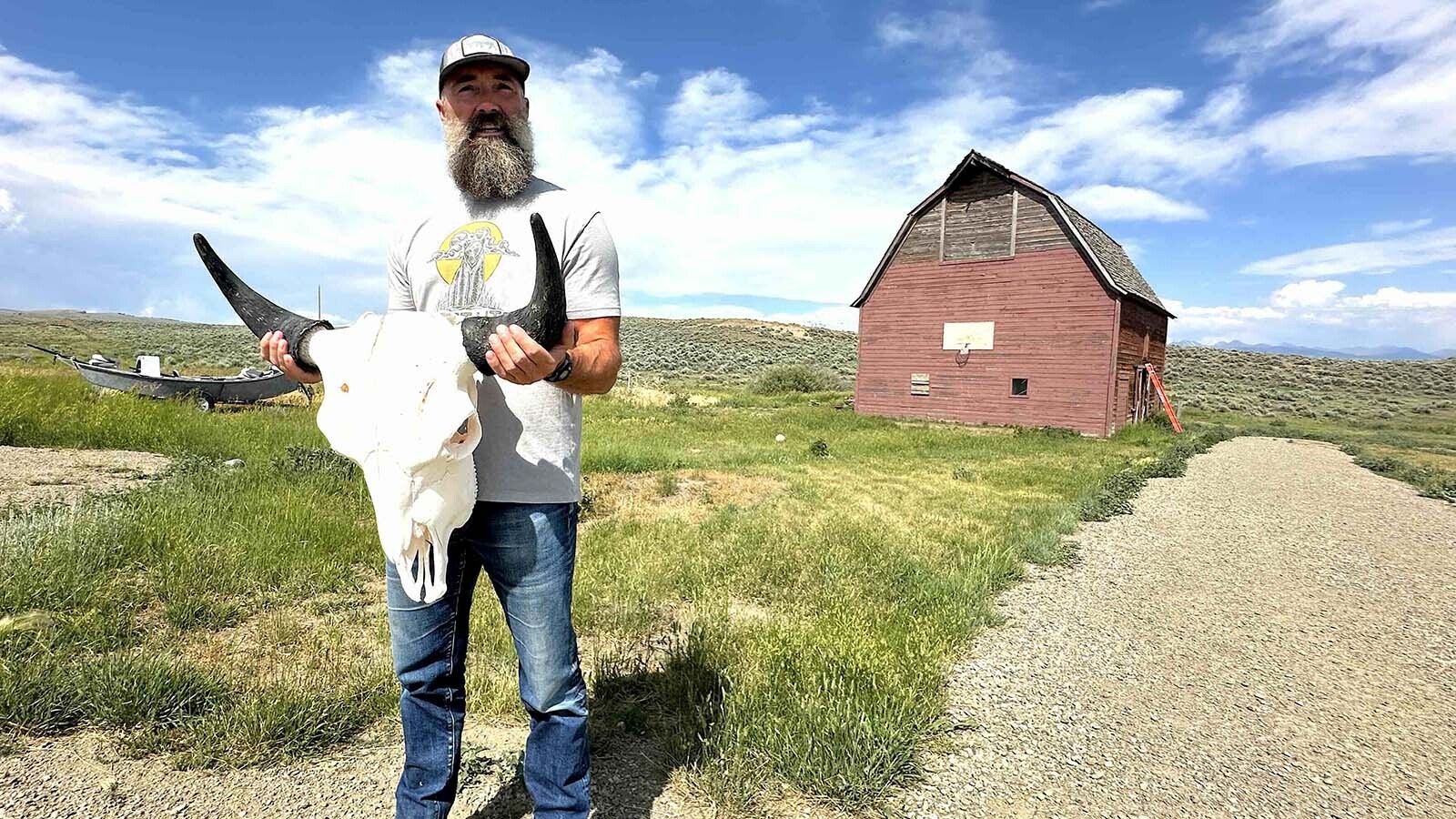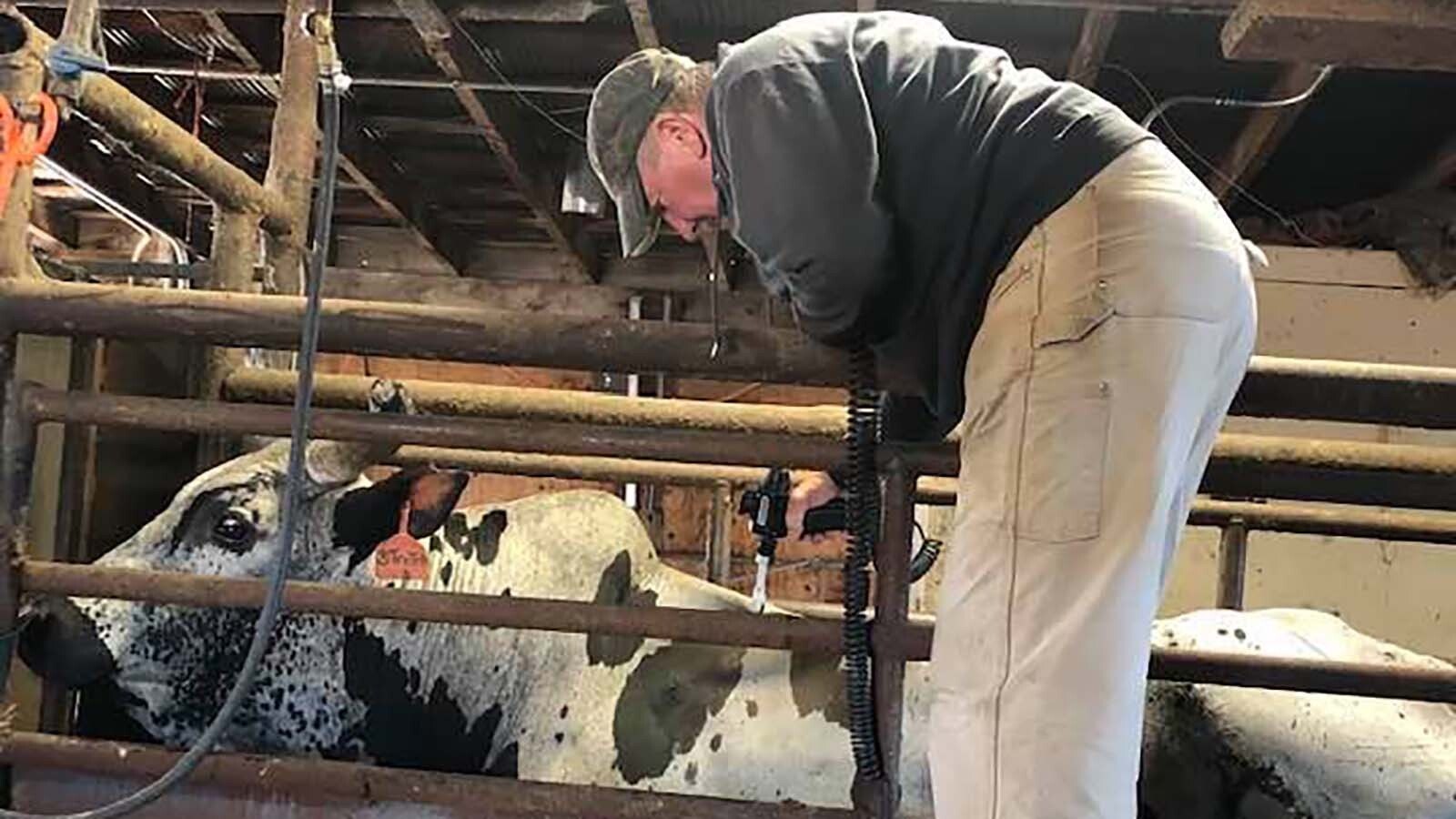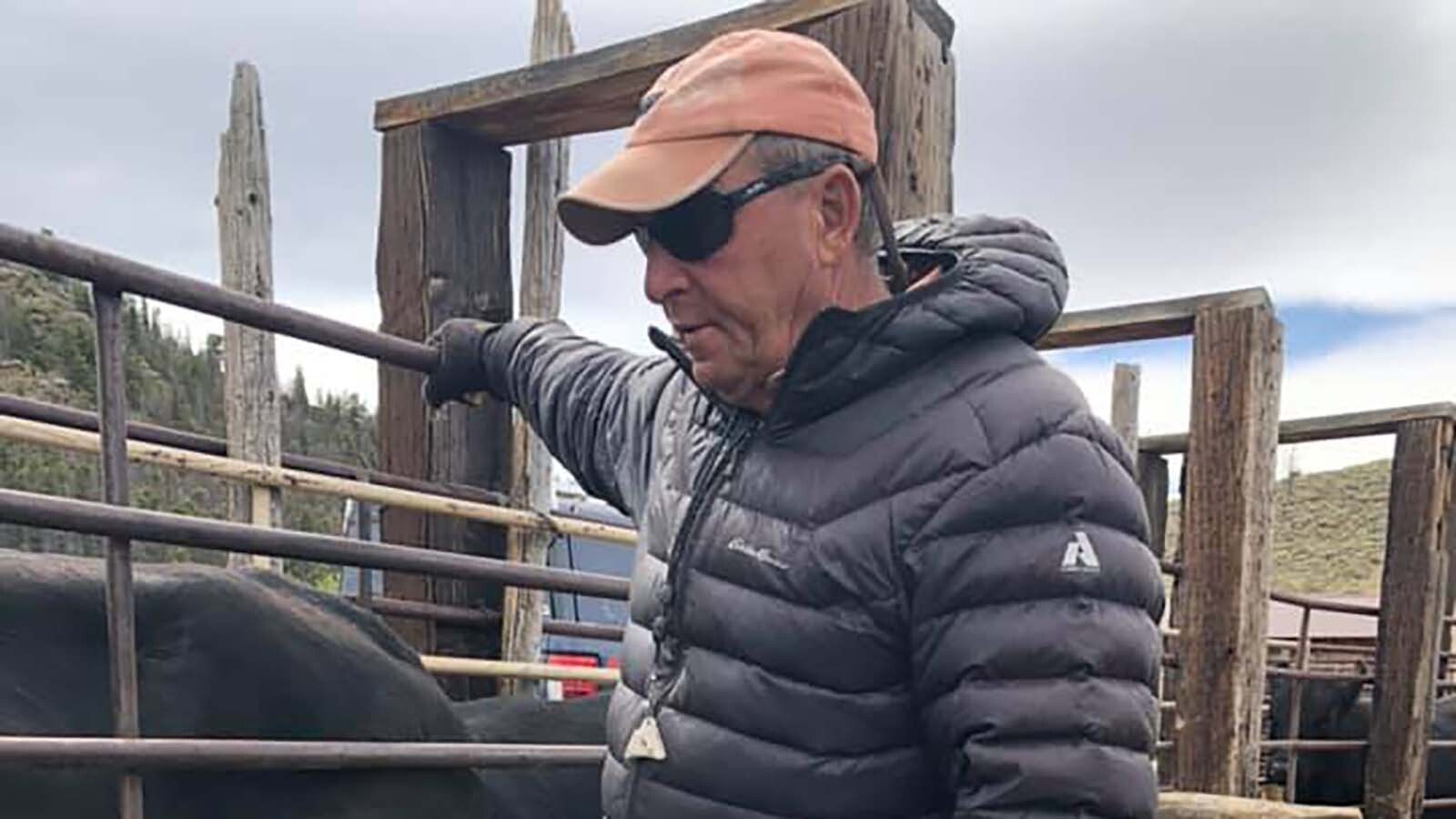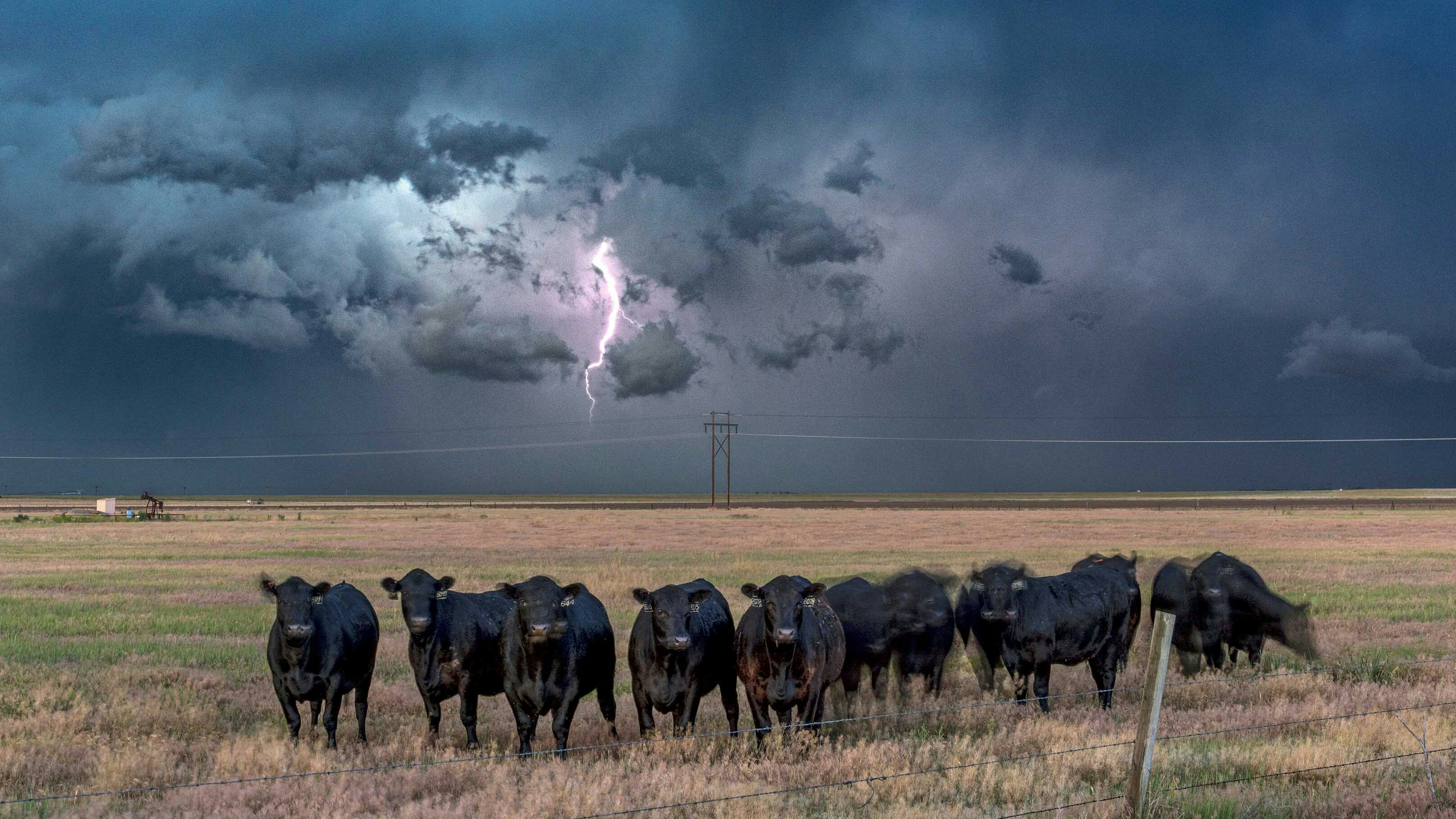Wyoming is considered an agriculture state and beef cattle are perhaps the state’s most prominent product.
But the state’s ranchers and the cattle they raise wouldn’t be anywhere without the bees that pollinate the crops, according to bee experts around the state.
“Scientists like Einstein have said that without pollination by bees, we would die in five years,” said Michael Jordan, founder of “A Bee Friendly Company” based in Cheyenne. “Because when they pollinate a food source, that food source germinates another food source for the next generation. But those food sources are eaten not only by humans, but also insects, and cattle.
“So when you don’t have insects that don’t eat plant life, they don’t fly over the water and fish don’t have food to eat; and if you don’t have germination of clover, which humans don’t eat but cattle do, that makes the Big Mac in the Happy Meal extremely expensive,” he continued.
Relatively Healthy in Wyo
A concern for the welfare of bees globally has been in the news for the last few years, but Jordan said in Wyoming, unlike other parts of the country, bee colonies are relatively healthy.
“The decline of bees was a perfect storm that happened, and we’re learning to recoup by breeding and animal husbandry that’s helping out much better in our beekeeping and apiaries,” he said.
Animal husbandry? With bees?
Yes, explained Jack States of Lander, who is a bee hobbyist, but was born into a beekeeping family.
“There are different strains of honeybees,” States noted. “Italian queens are queens that are raised from stock that originally came from Italy, and they’ve been here for a couple hundred years. In this state we do a lot of breeding with those and also other places in Europe.”
States said that he and other producers, like Don Bryant in Worland, work to build up their colonies so they can divide and sell to other beekeepers.
“You can divide the colonies and then leave the Queen in one of the divisions and introduce a new queen into the other division,” he said. “And if they want to sell that division they pour those bees into a package. This is the time of year when they’re starting to send the packages out, or deliver the packages, or have people come and pick them up.”
Raising bees can be a lucrative business, States explained, but costs have gone up, just as they have for other agricultural operations.
“This dates me, but I remember I was working with my family in the late 1940s, and the queens then were about a dollar and a quarter for a queen with the attendants in there,” he recalled. “And now they range all the way from $30 to $150 for just one bee.”
Beekeepers Are Livestock Owners
States explained that just like other farmers and ranchers, beekeepers are treated as livestock owners in Wyoming.
“We have to register our bees either as a hobbyist or as a commercial beekeeper with the Department of Agriculture under the apiary section,” he said.
And just like other ag producers, weather and other climate conditions affect the bee crop as well, according to States.
“Beekeepers really do have to watch the weather, just as much as the livestock community,” States said. “Bees are affected very much by weather and very much dependent upon the success of agriculture to produce a honey source.”
Jordan’s company manages more than 1,500 hives. He told Cowboy State Daily that Wyoming produces quality bees because of the strict rules the state imposes to keep the hives safe.
“We have extremely stringent laws here of testing, of registering and doing things … so our bees actually do extremely well when following this system of guidance,” Jordan said. “As everywhere, it’s about management, how poor management makes poor product.
“Here in Wyoming most of our product is very good, and we have beekeepers from all over the United States who have tried to house their bees here, because of the flow of wild clover and the ability that we do monitor for mites and other parasites in our location,” he continued.
Bees Are Union Workers
Jordan noted that his company ships bees from Wyoming to California each spring to pollinate the almond crop, then brings them back to Wyoming to work the summer fields.
“Bees are union workers,” Jordan explained. “They work from sunup to sundown. So they come back to their home just like a union worker clocks in and out for his job, except that in the morning they clock out and they pollinate and they leave their hives and they work through the heat of the day. And during the nighttime, when the sun goes down, most of your flowers are closed, so business and operation is closed and the union workers go home.
“So at night we encapsulate and close the bees in their hive, which is their home,” he continued. “You pack those hives closed at night, put them on trucks, and usually within 24 to 48 hours they arrive in locations where they’re opened up in the morning and they start pollinating their foods for us to eat.”
States explained that bees are very sensitive to chemicals, which is one reason why the overall bee population has declined in recent years.
“The hazard that we’re experiencing now, of course, is that the sprays that they use on the plants have a nicotinoid base to them,” he said. “The new class of pesticides are just insidious, they have a fairly long residual time out there, and it gradually causes the colony to suffer from attrition to the point where they can’t maintain themselves. And that’s devastating to us, because we depend on the strongest colony population we can get to get the maximum amount of both pollination service and honey byproduct.”

